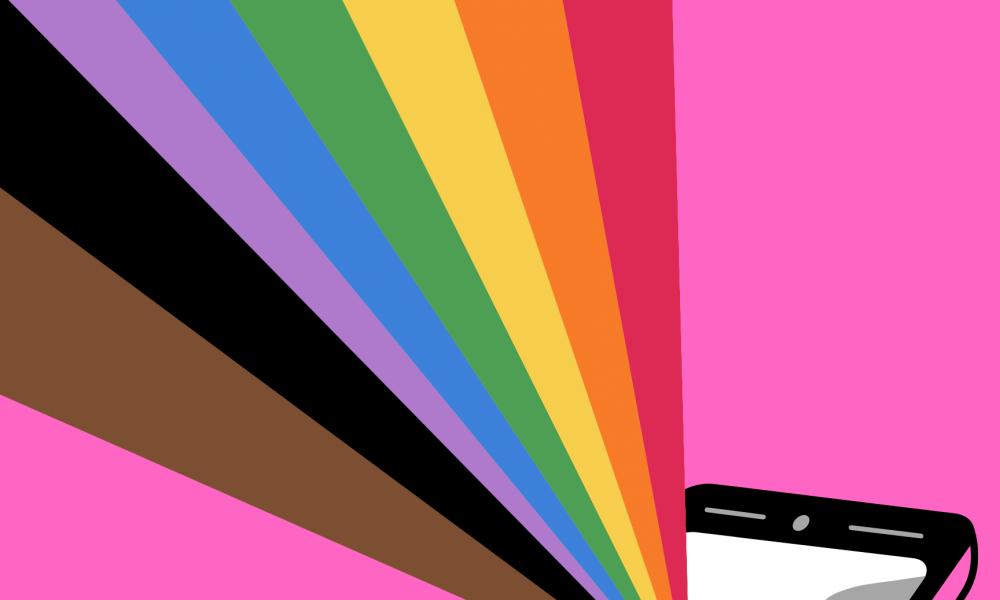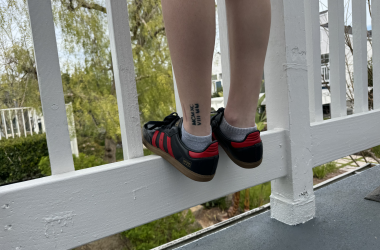Everything you think you know about popular culture is wrong. Nowadays people assume that the slang they use or the things they are into comes from the mainstream internet culture, but a lot of it actually derives from black queer spaces.
I am an avid watcher of the hit show RuPaul’s Drag Race (RPDR), hosted by the most visible black drag queen in the US. For 14 seasons, the show has been an outlet for queens to express their art and has acted as a stepping stone for drag culture to come into the mainstream. Visibility for queer communities, especially Black queer communities is important, but the appropriation of that culture is detrimental.
Take TikTok for example, that platform would be vastly different if not for the contributions of Black creators. Earlier last year, Black TikTok creators went on strike to call out white creators for stealing their dances and taking credit for the choreography.
The strike was about getting recognition for their contributions, but also about a wider problem of appropriation on the internet. Influencers like the Kardashians exploit the Black community for financial gain, yet never quite seem to learn their lesson when called out.
This problem of appropriation extends past blatant racism and into parts of daily life as simple as the slang we use. What is widely known as internet slang nowadays has a lot of roots in both African American Vernacular English (AAVE) and queer slang. Terms like “bag,” “period,” and “chile” are common phrases on the internet, but rarely are their histories acknowledged.
Last year there was a trend on TikTok that highlighted just how much Black drag queens have shaped and continue to shape popular culture. An audio clip from RuPaul’s Drag Race All Stars started circulating in which two Black drag queens, Monét X Change and Monique Heart, were discussing how to paint a wall.
The exchange had a joke about how Jesus said you have to paint up and down because that is the right way to do things, and this audio took off on the Christian side of TikTok. Many Christian creators used this audio to state that homosexuality is a sin, which is ironic given that the audio comes from the most prominent queer show on television.
This is exactly the issue. People take the bits and pieces of Black queer culture that they think are funny or relevant to them without actually understanding the origin or standing with the community.
This issue was highlighted in season 2 of FX’s Pose; in the 1990s Madonna brought voguing, a style of dance originating from the Black ball scene to the masses through her song Vogue. Instead of shedding light onto the ballroom scene and uplifting a population that was struggling with the HIV crisis, the song erased the history behind the dance style and voguing just became another bit of the culture that was taken to the mainstream without credit.
A more extreme example of appropriation and erasure is the Russian RPDR knockoff that does not acknowledge the LGBTQ+ community. The show is hosted by a cisgender straight woman and there is even a disclaimer at the beginning of every episode referencing the Russian ban of information about “non-traditional sexual relations to minors,” which is thought to essentially be a ban on the LGBTQ+ community by many activists.
People are so desperate to use the creations of Black queer spaces, yet not give credit to them or even want to associate with the origins of the content.
Not all of pop culture today is appropriated, and it is totally OK to appreciate other cultures and communities. The issue is when people don’t respect the roots of these terms, audios, songs, etc. When using an “internet term” or picking TikTok audio, think critically about the origin of it and how Black drag queens have shaped our current mainstream culture.




